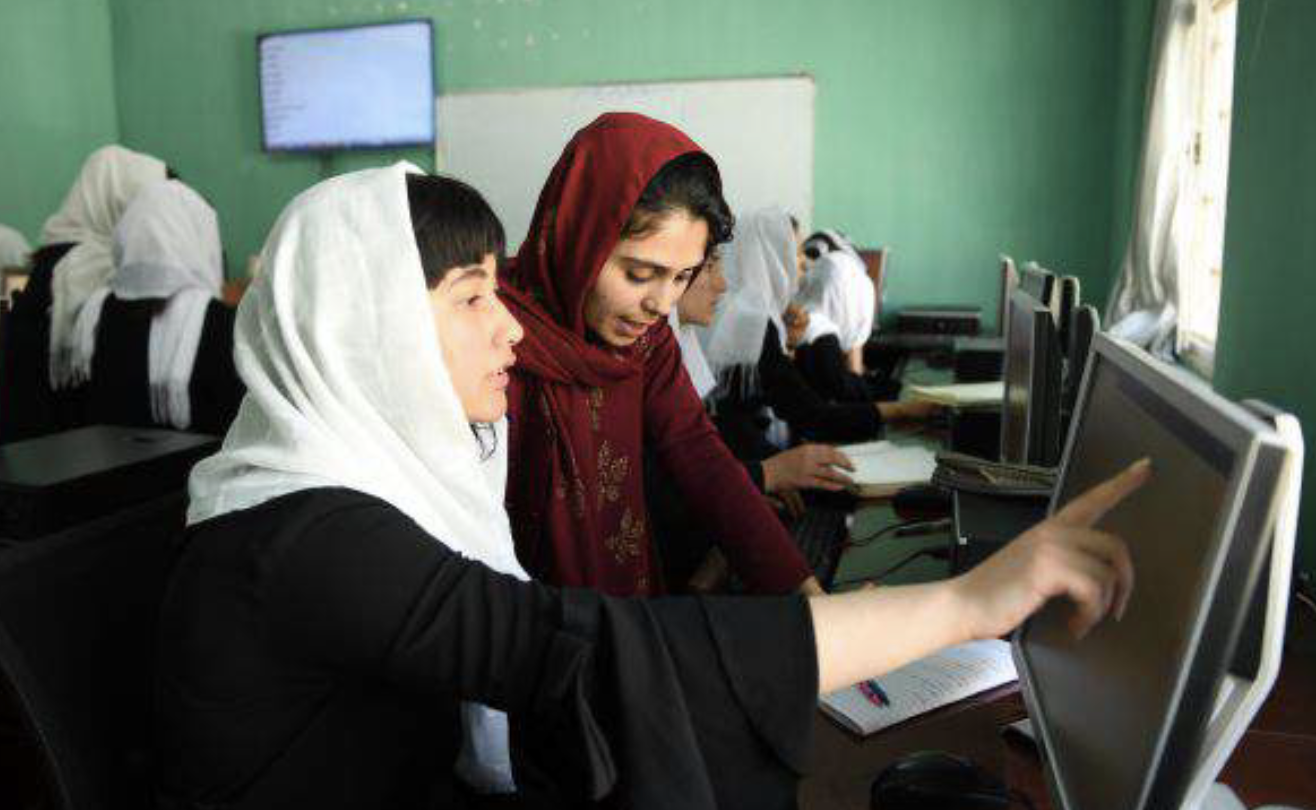October 2023
This year, Samuel Hall embarked on identifying interventions to scale and sustain in Afghanistan. What are initiatives that can be sustained, in a context of limited funding and widespread need? Our team found that social circuses are the right answer to building alternative education pathways, particularly for underserved communities, and social cohesion across Afghanistan.
Founded in 2002, The Mobile Mini-Circus for Children (MMCC). MMCC and its local partner, the Afghan Educational Children’s Circus (AECC) has expanded into a countrywide education program focusing on teaching children to lead.
The MMCC is a reflection of what children in Afghanistan need today – a society that is suffering its most urgent humanitarian crisis as of the fall of Kabul in August 2021 and lacking in resources for both education and entertainment. It is also a reflection of what could have been in Afghanistan for the last 20 years, and the potential of what could be in the future.
Samuel Hall’s pro-bono evaluation of Mobile Mini Circus for Children measured its impact across various areas. We found that through its activities, MMCC has created an impact by empowering and encouraging youth leadership; inclusion & integration of Displaced Communities; facilitating trust and community building and encouraging inclusive and safe spaces for young girls and women
Download Full Evaluation Here
Download Factsheets Here




















